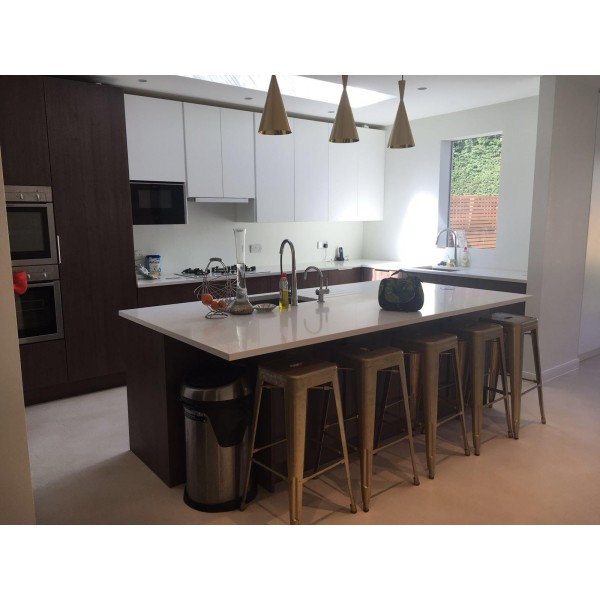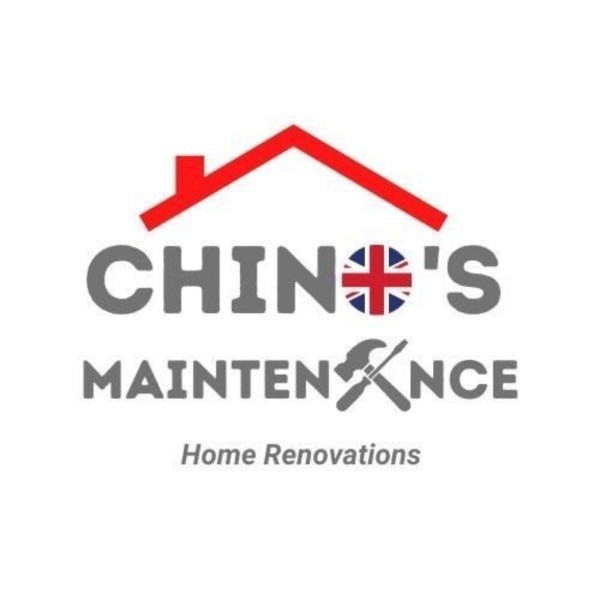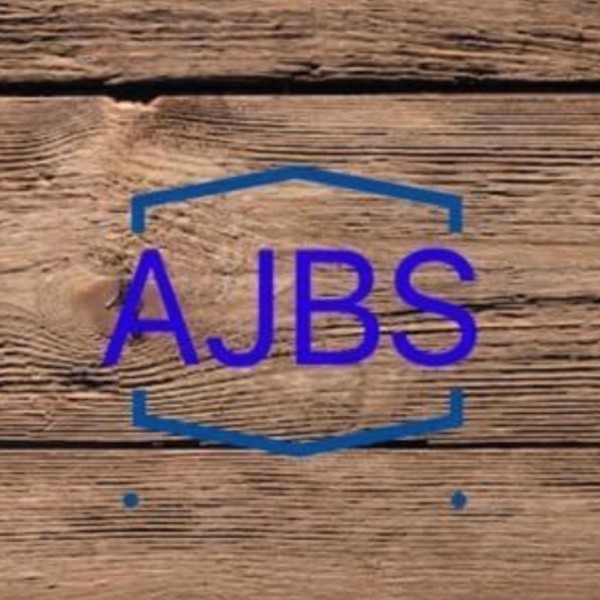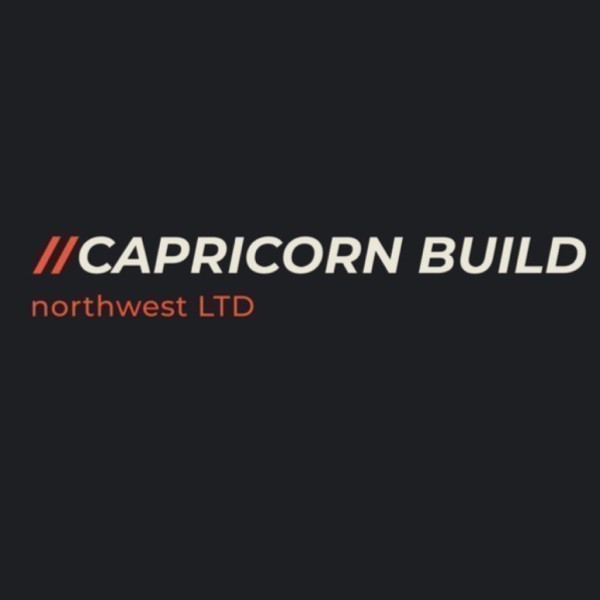Understanding the Role of Extension Builders in Shaw
In the vibrant community of Shaw, the demand for home extensions has seen a significant rise. Homeowners are increasingly looking to expand their living spaces, and extension builders in Shaw are stepping up to meet this demand. These professionals play a crucial role in transforming homes, adding value, and enhancing the quality of life for residents. Let's delve into the world of extension builders and explore their impact on the Shaw community.
The Growing Need for Home Extensions
As families grow and lifestyles evolve, the need for additional space becomes apparent. In Shaw, many homeowners are opting for extensions rather than relocating. This trend is driven by the desire to maintain community ties and the increasing property prices that make moving less feasible. Extension builders in Shaw are adept at creating bespoke solutions that cater to the unique needs of each household.
Types of Home Extensions
- Single-Storey Extensions: Ideal for expanding kitchens or living areas, these extensions are popular for their simplicity and cost-effectiveness.
- Double-Storey Extensions: Perfect for adding extra bedrooms or bathrooms, providing more space without sacrificing garden area.
- Wrap-Around Extensions: These combine side and rear extensions to maximise space and create a seamless flow between rooms.
- Conservatories and Orangeries: Offering a blend of indoor and outdoor living, these extensions are perfect for enjoying natural light all year round.
Choosing the Right Extension Builder
Selecting the right extension builder is crucial to the success of any project. In Shaw, homeowners have access to a range of skilled professionals who bring expertise and creativity to the table. Here are some factors to consider when choosing an extension builder:
Experience and Expertise
Experience is a key indicator of a builder's capability. Look for builders with a proven track record in completing similar projects. Expertise in local building regulations and materials is also essential to ensure compliance and quality.
Portfolio and References
Reviewing a builder's portfolio provides insight into their style and quality of work. Additionally, speaking with past clients can offer valuable feedback on their experience and satisfaction with the builder's services.
Communication and Transparency
Effective communication is vital throughout the building process. Choose a builder who is transparent about costs, timelines, and potential challenges. This openness fosters trust and ensures a smoother project execution.
The Planning Process
Before any construction begins, a thorough planning process is essential. Extension builders in Shaw work closely with homeowners to design extensions that meet their needs and comply with local regulations.
Initial Consultation
The process begins with an initial consultation where the builder assesses the site and discusses the homeowner's vision. This stage is crucial for understanding the project's scope and feasibility.
Design and Approval
Once the initial ideas are agreed upon, the builder creates detailed designs. These plans must be approved by local authorities to ensure they meet building codes and zoning laws.
Budgeting and Scheduling
With approved plans in hand, the builder provides a detailed budget and timeline. This transparency helps homeowners prepare financially and plan for any disruptions during construction.
Construction Phase
The construction phase is where the vision becomes reality. Extension builders in Shaw coordinate various trades and manage the project to ensure timely and quality completion.
Site Preparation
Before construction begins, the site is prepared. This may involve clearing the area, setting up temporary structures, and ensuring safety measures are in place.
Building the Extension
The actual building process involves several stages, including laying foundations, erecting structures, and installing utilities. Skilled tradespeople work together to ensure each phase is completed to high standards.
Quality Control and Inspections
Throughout construction, regular inspections are conducted to ensure compliance with building codes and quality standards. This attention to detail is crucial for the longevity and safety of the extension.
Finishing Touches
Once the main construction is complete, the focus shifts to the finishing touches that bring the extension to life. This stage involves interior design, landscaping, and final inspections.
Interior Design
Interior design plays a significant role in integrating the extension with the existing home. Builders often collaborate with designers to create cohesive and functional spaces.
Landscaping
Landscaping enhances the exterior appeal of the extension. Whether it's a new garden or a patio, these outdoor spaces add value and enjoyment to the home.
Final Inspections and Handover
Before the project is officially completed, final inspections ensure everything is up to standard. Once approved, the builder hands over the extension to the homeowner, ready for use.
Benefits of Home Extensions
Home extensions offer numerous benefits beyond just additional space. They can significantly enhance the functionality, aesthetics, and value of a property.
Increased Property Value
Extensions can boost a property's market value, making them a wise investment. A well-designed extension can attract potential buyers and offer a competitive edge in the housing market.
Enhanced Living Experience
With more space, homeowners can enjoy a better quality of life. Extensions provide room for hobbies, family gatherings, and personal retreats, enhancing overall well-being.
Customisation and Personalisation
Extensions allow homeowners to tailor their living spaces to their unique needs and preferences. This personalisation creates a home that truly reflects their lifestyle and taste.
Challenges and Considerations
While home extensions offer many advantages, they also come with challenges that need careful consideration and planning.
Budget Constraints
Staying within budget is a common concern for homeowners. Unexpected costs can arise, so it's important to have a contingency fund and work with a builder who provides transparent pricing.
Disruption During Construction
Construction can be disruptive to daily life. Homeowners should prepare for noise, dust, and limited access to certain areas of their home during the building process.
Compliance and Regulations
Ensuring compliance with local building regulations is essential. Non-compliance can lead to fines and delays, so working with knowledgeable builders is crucial.
Future Trends in Home Extensions
The future of home extensions in Shaw looks promising, with emerging trends shaping the way extensions are designed and built.
Sustainable Building Practices
Eco-friendly materials and energy-efficient designs are becoming increasingly popular. Homeowners are seeking sustainable solutions that reduce their carbon footprint and lower energy costs.
Smart Home Integration
Smart technology is transforming home extensions, offering convenience and efficiency. From automated lighting to smart thermostats, these innovations enhance the functionality of new spaces.
Multi-Functional Spaces
As lifestyles change, there's a growing demand for multi-functional spaces. Extensions are being designed to serve multiple purposes, such as home offices, gyms, and entertainment areas.
Frequently Asked Questions
- What is the average cost of a home extension in Shaw? The cost varies depending on the size and complexity of the project, but on average, it can range from £20,000 to £50,000.
- How long does it take to complete a home extension? The timeline depends on the project's scope, but most extensions take between three to six months to complete.
- Do I need planning permission for a home extension? Planning permission is often required, especially for larger extensions. It's best to consult with your builder and local authorities.
- Can I live in my home during the extension process? Yes, but be prepared for some disruption. Discuss with your builder how to minimise inconvenience.
- What materials are commonly used for home extensions? Popular materials include brick, timber, and glass, chosen for their durability and aesthetic appeal.
- How can I ensure my extension is energy efficient? Work with your builder to incorporate insulation, energy-efficient windows, and sustainable materials into the design.
Extension builders in Shaw are at the forefront of transforming homes and enhancing the community's living standards. With their expertise and dedication, they continue to meet the evolving needs of homeowners, ensuring that each extension is a valuable addition to the property and the neighbourhood.

























